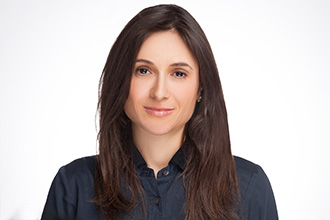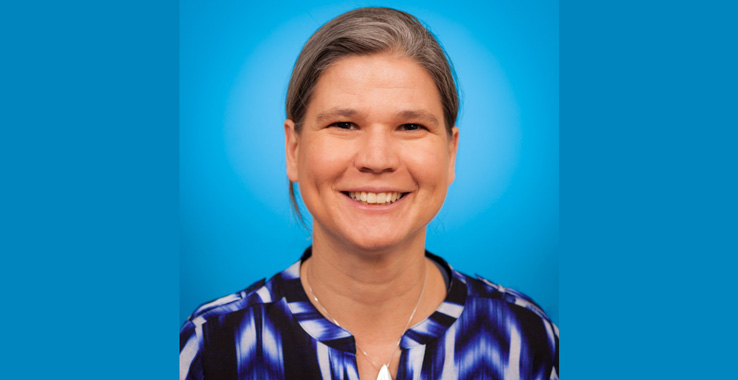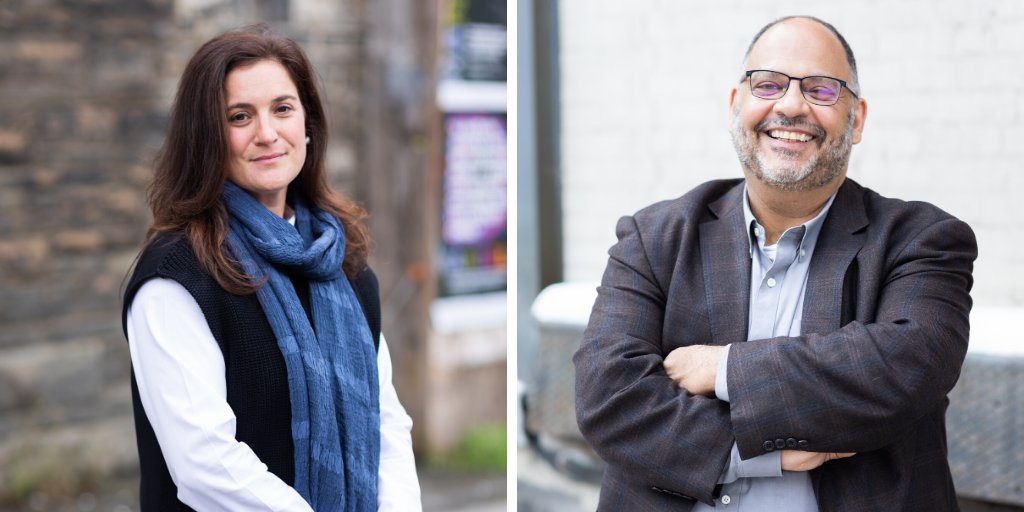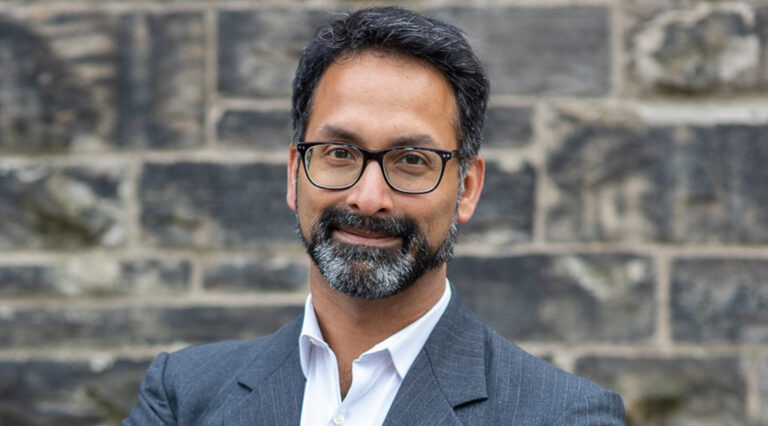Scientists at MAP Centre for Urban Health Solutions understood as soon as the pandemic was declared that it would present unique issues to the populations they serve.
They began to hear stories of decreased access to important services for their research partners, some of whom are experiencing homelessness, using drugs or alcohol, or living with low incomes.
“Conditions of marginalization are complex and interrelated,” said Dr. Michelle Firestone, a MAP scientist. “These conditions are unfortunately exacerbated during the COVID-19 pandemic, which brought with it rapid change such as economic loss, lack of social supports and barriers to accessing services.”
She and Dr. Ahmed Bayoumi, a scientist at MAP who holds the hospital’s Foundation Baxter & Alma Ricard Chair in Inner City Health, came together to do what MAP does best: evaluate and test solutions to complex urban health issues.
They assembled a group of 35 scientists, people experiencing disadvantage and community partners and providers to lead a research project. Their goal is to evaluate how local efforts to respond to the pandemic have impacted people who are marginalized and determine which efforts are working and what could be improved.
“This project builds on longstanding partnerships between MAP scientists and community service providers and decision makers,” said Dr. Firestone. “It extends across diverse communities within our city, reflecting the scope and interdisciplinary research areas that exist within MAP.”
In fact, the project has the most co-investigators Dr. Bayoumi has ever listed on a project, and that is intentional: the 35 investigators want the study’s findings to be as inclusive and accessible as possible.
This project is structured to be a rapid research evaluation and Dr. Bayoumi and Dr. Firestone hope it will quickly help to improve programs and services. In the long term, they hope it will build stronger collaborations between academics and people with lived experience.
“It’s important for us to build bridges across our own silos,” said Dr. Bayoumi, “and this research project is a good place to start.”







